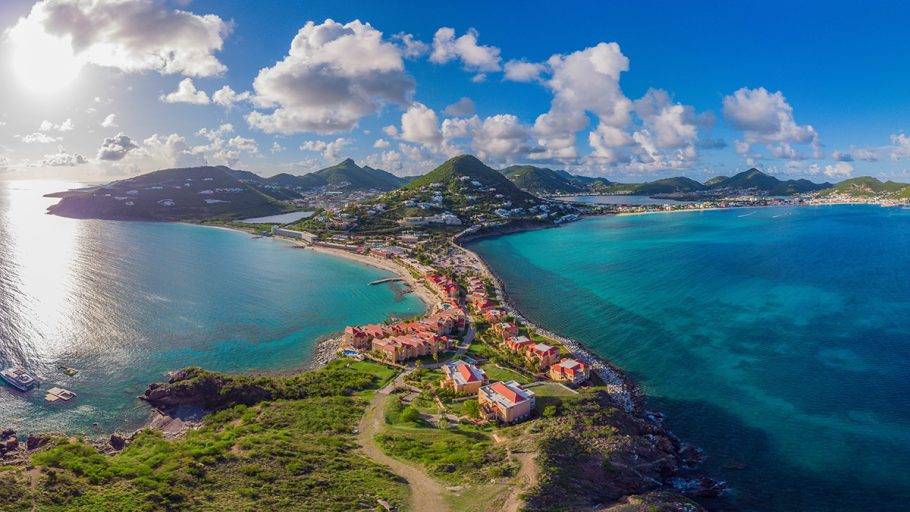Submarine cables, often unsung yet integral to the digital age, serve as the internet’s backbone, facilitating the transmission of over 98% of global internet traffic through a vast network of 400 active submarine cable systems covering an astounding 1.2 million kilometers. The pressing need for new networks arises as Latin America and the Caribbean grapple with escalating bandwidth demands, experiencing a remarkable annual growth rate surpassing 30%. This surge is propelled by evolving trends led by hyperscalers and content providers, projected to command over 80% of global internet traffic by 2027. Streaming, mobile usage, cloud data centers, artificial intelligence (AI), virtual reality (VR), and 5G technology contribute significantly to this surging demand.
Despite the soaring bandwidth requirements, the region confronts formidable challenges in internet access and connectivity. Issues such as limited competition, monopoly pricing, reliance on outdated submarine systems, and the imperative for Caribbean and South American nations to connect to the US for internet access pose significant obstacles. Furthermore, existing regional cables approach the end of their operational life, lacking the necessary accessibility, capacity, and scalability to meet rapidly escalating future demands.
Compounding these challenges is a noteworthy transformation in the ownership profile of submarine cable systems. While initially consortium-owned, a pivotal shift is occurring, with global technology giants like Google, Apple, Meta, and Netflix increasingly investing in and driving demand for these critical infrastructure components. This shift holds significance in addressing the mounting bandwidth requirements spurred by evolving consumer and industry trends.

In-region activity
New build activity is required to break the monopolistic status-quo created by mergers in the region, to foster competition and to incentivise cost-based pricing for essential internet services. Once the pricing challenges and bandwidth limitations of the existing infrastructure are addressed with new systems, we can expect the market to grow.
Several systems have been announced over the past decade (AURORA, CSN-1, TIKAL, Caribbean Express, Cayman Express, GD-1, LN-1 and TAM-1), all designed to replace the ageing infrastructure and add diversity to the region.
The AURORA Cable System from FP Telecommunications (FPT) signed a turn-key agreement with ASN in 2017, whilst being acquired by Abu Dhabi Investment Group. Announcements of investment in the submarine cable market followed – however so far, no further activity has been reported on this Caribbean deployment.
ABOUT THE AUTHOR
Lynsey Thomas is a subsea specialist who has been involved in the international subsea business since 1995. She has a keen interest in corporate strategy development, network planning, project management, and solutions marketing. She is experienced as a customer, supplier, consultant director, and trustee. Thomas has held senior posiztions in Cable &Wireless, Apollo SCS, Xtera, and SubSea Networks Ltd. and is a board member for Cirion Technologies. She holds a master’s degree in engineering science from the University of Oxford.
Eckhard Bruckschen is a master mariner and MBA with more than 30 years of experience in the offshore submarine cable industry. This experience includes plough and trenching / ROV operations; remedial works; installations of fiber optic, power, umbilical, and flexible pipes; and burial and bridge operations. Across his career, Bruckschen has managed the construction of over 40,000 kilometers of submarine fiber optic cables and 2,500 kilometers of submarine power cables.



